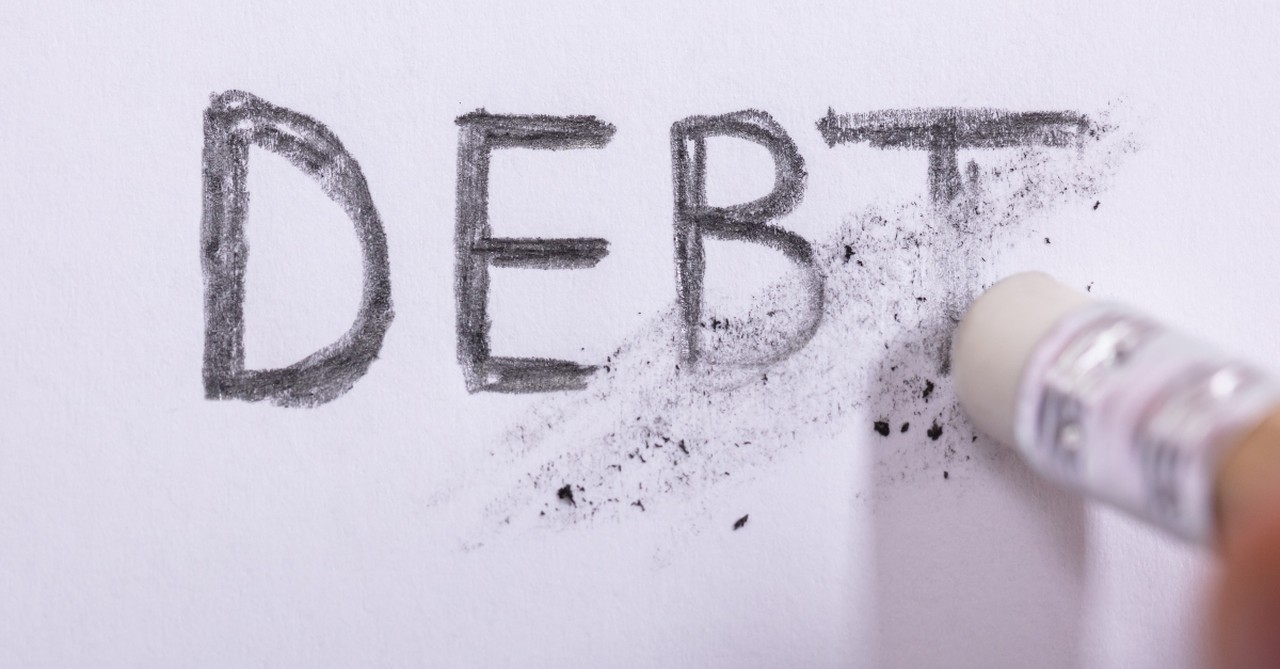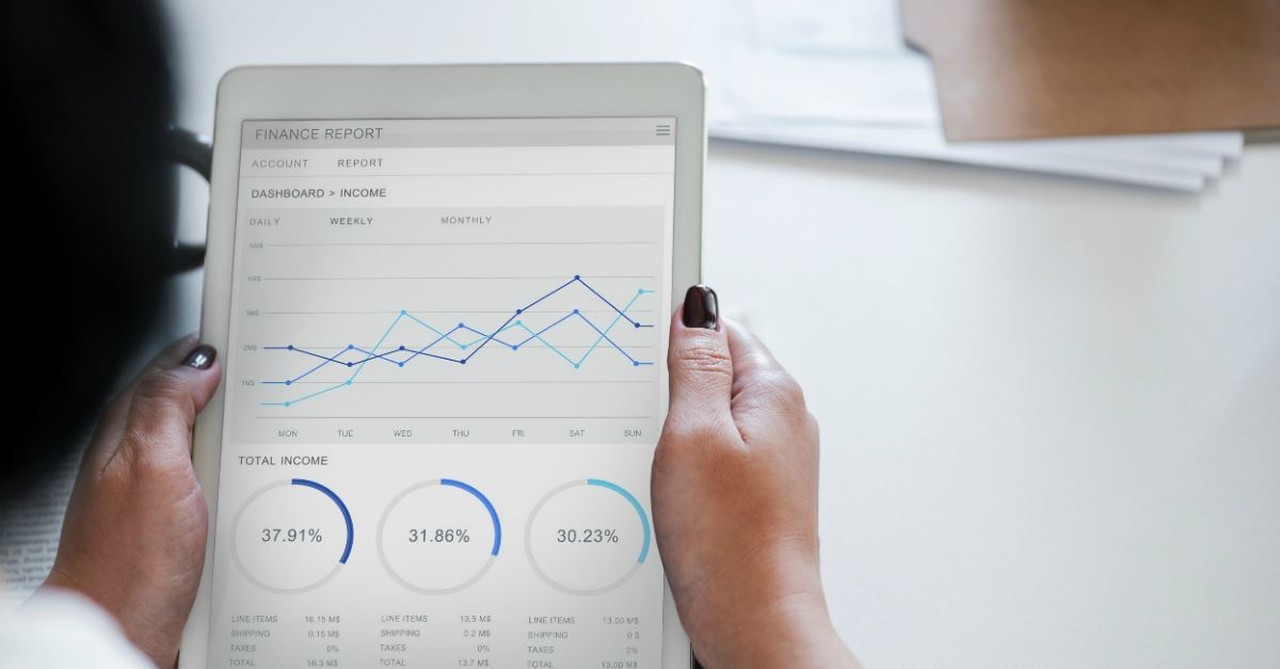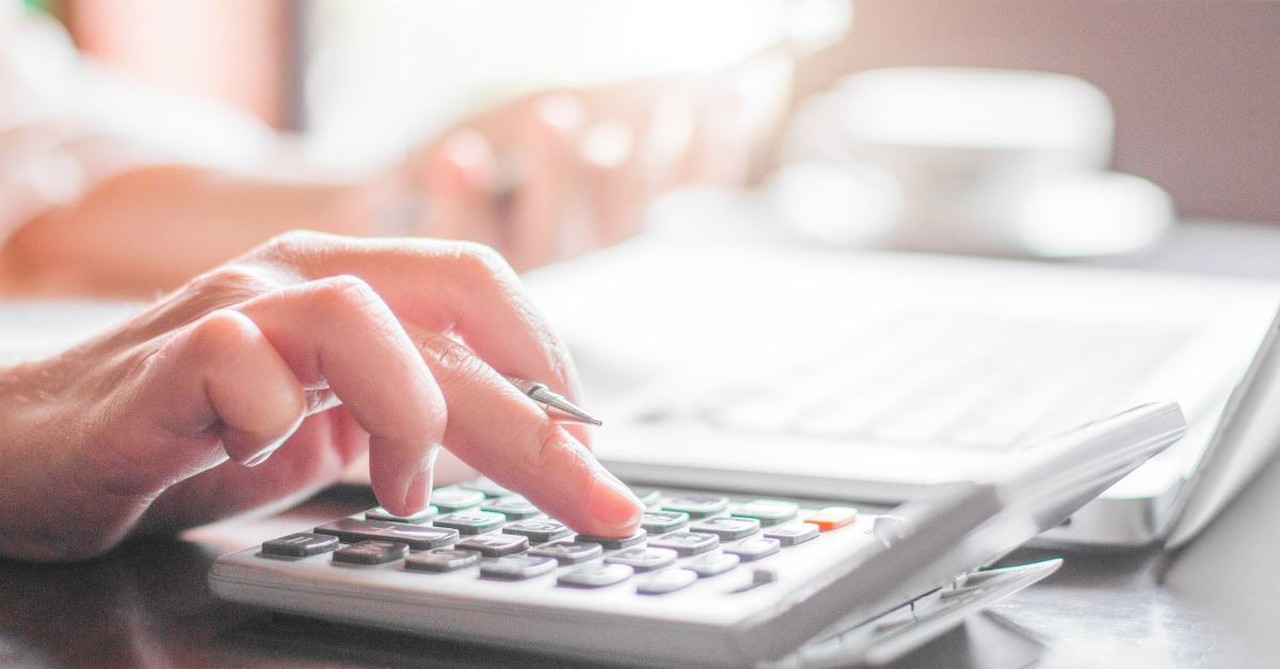Single and in Debt? 10 Ways to Tame Your Debt Monster Now

“The rich rule over the poor, and the borrower is slave to the lender.” Proverbs 22:7
Are you single and currently looking to get out of debt? You’re not alone. Many people, regardless of their marital status, are trying to fill up the financial hole they dug for themselves.
But being single provides a unique advantage to paying off your debt, no matter if you’ve never married, are recently separated, or are unfortunately widowed. You’re the head honcho over your bank account. You have the authority to make all the money decisions, and your priorities will show in the way you spend your paycheck.
While this sole-responsibility can be intimidating, it’s also gratifying. Once you gain traction in paying down your debt, you’ll begin to find financial freedom. To help you that achieve the much-needed momentum while you're single, here are ten ways to tame your debt monster.
Photo Credit: ©Getty Images/Andrey Popov
1. Stop Shaming Yourself

1. Stop Shaming Yourself
SLIDE 1 OF 10
First and foremost, if you’re struggling right now with debt management, I want you to know that you aren’t alone. In fall of 2018, Northwestern Mutual reported that only 23 percent of Americans carry “no debt,” with the average amount of personal debt being $38,000.
Debt is the norm, but the urge you have to get yourself out of debt is healthy and will suit you well in the future. However, if you’re heaping loads of shame on yourself that you are still currently in debt, you’re going to suffer.
Taking the first step, no matter how small, in managing your money is something of which to be proud.
Take joy in being responsible and let go of the condemnation of how you got in debt. Remember: “There is now no condemnation for those who are in Christ Jesus.” (Romans 8:1)
Photo Credit: ©Thinkstock/BartekSzewczyk
2. Educate Yourself

2. Educate Yourself
SLIDE 2 OF 10
It can be hard to know where to start when it comes to getting your finances on track, especially if you’ve never had the chance to take any personal finance class. Thankfully, we live in a world where information is at our fingertips.
One famous avenue for Christians when it comes to getting out of eliminating debt is Dave Ramsey’s course, Financial Peace University. Find a local church which is hosting this program or purchase for individual use here.
Not ready for a course yet? Check out Dave’s book, The Total Money Makeover. TMM gives practical, easy to follow steps for getting out of debt.
Dave Ramsey isn’t the only financial advisor out there. Hit up your local book store and check out their finance section. Do a podcast search on money management. Ask friends and family how they got out of debt.
Do your research. Your finances are important.
Photo Credit: ©GettyImages/Maskot
3. Organize Your Information

3. Organize Your Information
SLIDE 3 OF 10
Now that you’ve educated yourself on some basic financial principles, you need to educate yourself on the specifics of your situation. Your first step in becoming debt free is to gather all the information you can about your debt, your bank account, and, while you’re at it, things like insurance policies.
Information you should look to gather includes: pay stubs, insurance policies (think car, renters, health, dental, and life insurance), utility statements, bills for things like your cell phone, cable, and other little luxuries, and debt statements for any car payments, student loans, medical bills, or credit card.
It’s a challenge to get your finances in order if you don’t know what state your funds are even in. By having all this information at your fingertips, you’ll be able to start a plan for repaying your debt.
Photo Credit: ©GettyImages/Miguel Sanz
4. Stop the Bleeding

4. Stop the Bleeding
SLIDE 4 OF 10
There’s no way to get out of debt if you are constantly acquiring more debt, or if you’re frivolously spending the money you do have on things other than reducing the deficit.
Some people aren’t even aware of how much money they’re spending. It’s so easy to swipe that piece of plastic that we lose track of all we’re paying. That’s one of the problems with our digital-money management. But a huge plus side is that we can check our balance anytime, anywhere.
One great suggestion from 60 Days to Change by Peter Dunn is to track the number of transactions you have in any given week. (Trust me—you’ll be surprised how many transactions there are.) Then work to reduce that number.
For example, instead of going out to eat seven days a week, hit the grocery store once. By combining purchases and monitoring your overall transaction number, you’ll reduce your spending on impulse buys.
Photo Credit: ©Pexels/Jessica Lewis
5. Break Your Goals Down

5. Break Your Goals Down
SLIDE 5 OF 10
Yes—your end goal is going to be debt free. But if you’re like the average American, you have at least $38,000 to go until that’s a reality. To prevent yourself from feeling completely overwhelmed, break down your large goal into bite-size pieces.
Personally, what I like to do is set a yearly goal first. I figure out what I currently owe, and decided how much I want to pay towards each area of debt. I usually make 2-3 primary goals for the year.
Then, I break down my yearly goals into quarterly goals. I decide what I need to pay in the first three months of the year to feel confident about the next three months.
This plan helps me to continually be chipping away at the debt, without feeling like a failure if one month doesn’t go as planned.
Photo Credit: ©Pexels/Rawpixel
6. Set a Budget

6. Set a Budget
SLIDE 6 OF 10
It’s time to talk about that dreaded six-letter word: budget.
While a budget may seem intimidating, constricting, or like a lot of hard work, it doesn’t have to be. A budget is merely a tool to help you plan how to spend your money.
Sit down with all that information you pulled from earlier and the goals you just set, and find a budget template that works for you. You can get budget ideas on Pinterest, Dave Ramsey’s website or you can create a personalized budget.
Just remember: a budget is never going to be perfect. Each month there will be things that pop up that you didn’t think of, and that’s okay!
Once you’ve created your budget, try to stick to what you planned, but more importantly, track where you spent your money goes so you know how to build your budget in the future better.
Photo Credit: ©GettyImages/Krisanapong Detraphiphat
7. Find an Accountability Partner

7. Find an Accountability Partner
SLIDE 7 OF 10
The greatest challenging in managing debt while you’re single is that you’re missing the built-in accountability that comes with marriage. In place of a spouse, find yourself a trustworthy person (who’s financially responsible) to fill in as your accountability partner.
An accountability partner is someone who you’re completely honest with about your finances. You’ll tell them the amount of debt you have the goals you have set for yourself.
You should meet with this person once or twice a month to touch base on how you’re doing in reaching those goals.
The most important thing about having an accountability buddy is committing yourself to be completely honest with your partner since they won’t have access to your bank account. Just knowing you’ll have to tell someone about your finances might prevent you from those impulse splurges.
Photo Credit: ©Thinkstock/Ridofranz
8. Look for a Side Hustle

8. Look for a Side Hustle
SLIDE 8 OF 10
If your bills are larger than your income, or if you want to pay off your debt even quicker, you might consider getting a side hustle. Before you get stressed out by the idea of adding on another full-time job, remember that a side hustle can be something small.
Even adding $50-$100 to your income every week can make a huge difference. By the end of the year, you’ll have $2600-$5200 extra to put towards your debt payments.
Maybe you take your marketing degree and run all social media platforms for a local company. You could reach out to your church to see if they have a part-time position open.
Or you could try getting a seasonal retail job at your favorite store (as long as you aren’t too tempted to continually use that employee discount.)
Photo Credit: ©Unsplash/Rawpixel
9. Be Specific with Your Goals

9. Be Specific with Your Goals
SLIDE 9 OF 10
We all know our final goal is freedom from debt. But if we say that we want to be debt free, with no specifics, we aren’t setting ourselves up for success because there’s nothing to create a benchmark again.
Let’s set some specific and measurable goals, instead. “My goal is to be debt-free” becomes something like “I want to be debt-free be 35”.
Or maybe, looking back to our smaller goals, strive to achieve benchmarks like “I want to mail in my final car payment by March 2020” or “I will have my student loans paid off before my next birthday.”
Once you’ve set your goal, double check that there’s a way to measure if you’re on track, then make sure that you’re checking in on your progress.
Photo Credit: ©Pexels
10. Treat Yo’ Self

10. Treat Yo’ Self
SLIDE 10 OF 10
I know I said to nix the frivolous spending. But if you’re too strict with yourself, you might not be able to live the debt-paying life for long. When you begin to feel guilty when you treat yourself to the occasional dinner with friends, then you’re going to make yourself miserable.
So, when I say treat yourself, I mean things like one piece of reasonably-priced clothing you’ve had your eye for a few months or going out to grab a drink with a friend. What I don’t mean is blowing an entire paycheck on a new wardrobe or deciding to treat yourself to a new car.
However, if you know you’re the type that lets the occasional treat lead to a slippery slope of sending, then you need to find a non-monetary way to treat yourself, like going on a long hike or having an at-home spa night.
Lindsey Brady is a new wife and stepmother who loves to spend time in nature or going for long runs. When she's feeling a bit more sedentary, she'll watch an entire season of any Food Network show in a single sitting. You can follow her on Instagram at real.slim.brady.
Photo Credit: ©Thinkstock/Jacoblund
Originally published March 06, 2019.









